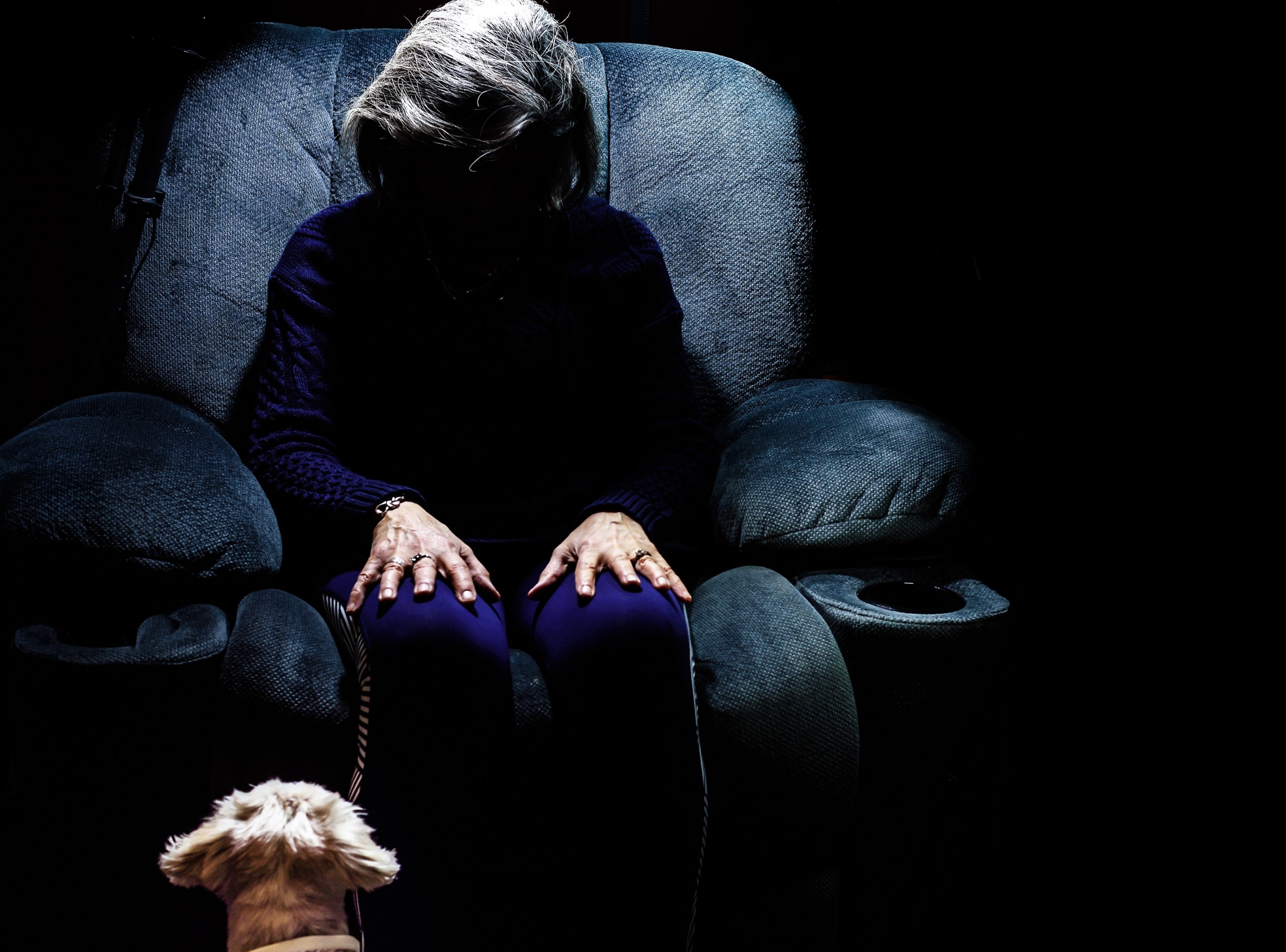Loneliness and isolation can have drastic effects on our well-being. These effects can be particularly devastating for seniors who suddenly find themselves in a position of being far less socially active than they once were. This article will look at why this situation occurs and what effect loneliness and isolation can have on seniors.
Challenges of Being Alone
With the corona virus still prevalent in the country, remaining involved in recreational activities that were previously enjoyed can be more challenging than ever before. Even spending time with family and loved ones includes possible health risks. More people spending time indoors, and often alone, can have potentially dangerous repercussions for individuals and society.
Humans are social creatures, and interacting with others is beneficial to our health, both physically and psychologically. Socializing with other people leads to improved cognitive skills and a sharper memory. Seniors who are active in their community consistently report higher self-esteem and greater satisfaction in their lives. Socially busy people also tend to be more physically active as well.
Physical Activity Can be Beneficial
Physical activity, mainly done with a group, strengthens the body, lifts the mood, and provides a meaningful social connection. Moderately active recreation also reduces the risk of developing type 2 diabetes, several types of cancer, and cardiovascular disease. When seniors participate in group exercises, they experience less social isolation, loneliness, and enjoy a greater sense of well-being.
But, what about seniors who don’t have access to group exercise activities and other social support options? What are the effects of social isolation on the body and mind? And, in terms of a worldwide pandemic, is there a way to reduce social isolation safely?
Seniors Are Particularly Vulnerable
Social isolation is defined as being in a situation with few social contacts and relationships. Many seniors find themselves in these situations due to the death of a spouse or significant other or when children and other family members live far away. These people may be suffering from the effects of ill health themselves and have limited financial resources. The long-term effects of social isolation can have negative impacts on health.
Cognitive decline in older adults can have many different causes, with medication side effects and prior illnesses being two of the most significant. Studies have shown that poor social engagement and loneliness can increase the likelihood of developing dementia, a reduced quality of health, and experiencing critical problems with depression. The rate of cognitive decline is even faster in individuals who state that they routinely feel lonely.
Social Isolation and Loneliness Can Affect Sleep
Recent studies have shown a link between poor nighttime sleep patterns and the risk for Alzheimer’s and other forms of dementia. Lack of social stimulation also affects a person’s memory and their sleep cycle. These risks increase when a person gets fewer than six hours of sleep per night. But, in a surprising find, the risks also increase for individuals getting more than nine hours of sleep per night.
Lack of social connectedness can also place seniors at higher risks for attempting suicide. And, since this group usually takes more time to plan those events, the attempts tend to succeed. Social isolation and depression are significant risks for this type of behavior.
Long-Term Care Communities can Increase these Risks
Recent evidence has shown that individuals living in long-term memory care communities are at an increased risk of social isolation, which is due, in no small part, to Covid-19. Before the pandemic, residents living in these communities could enjoy communal activities and social networks with other residents. Now, with most older adult care communities practicing strict social distancing guidelines, those opportunities have been significantly reduced or eliminated.
We Can All Help Make Things Better
Staying connected is more vital now than ever before, and while the risks brought on by the pandemic can make this more challenging, with a little bit of creativity, connecting with others can be accomplished. Reaching out by phone, video call, or text message can help people feel more connected. Getting out of the house for some fresh air and a little exercise will also improve a person’s mood.
If the individual is healthy and fall risks are not a concern, taking a bike ride or a nice walk when the weather is nice provides a great way to get some sunshine and replenish those vitamin D levels while still remaining safe. If health issues are a concern, taking up a new outdoor hobby, like gardening, can offer many of these same benefits in a safe environment.

